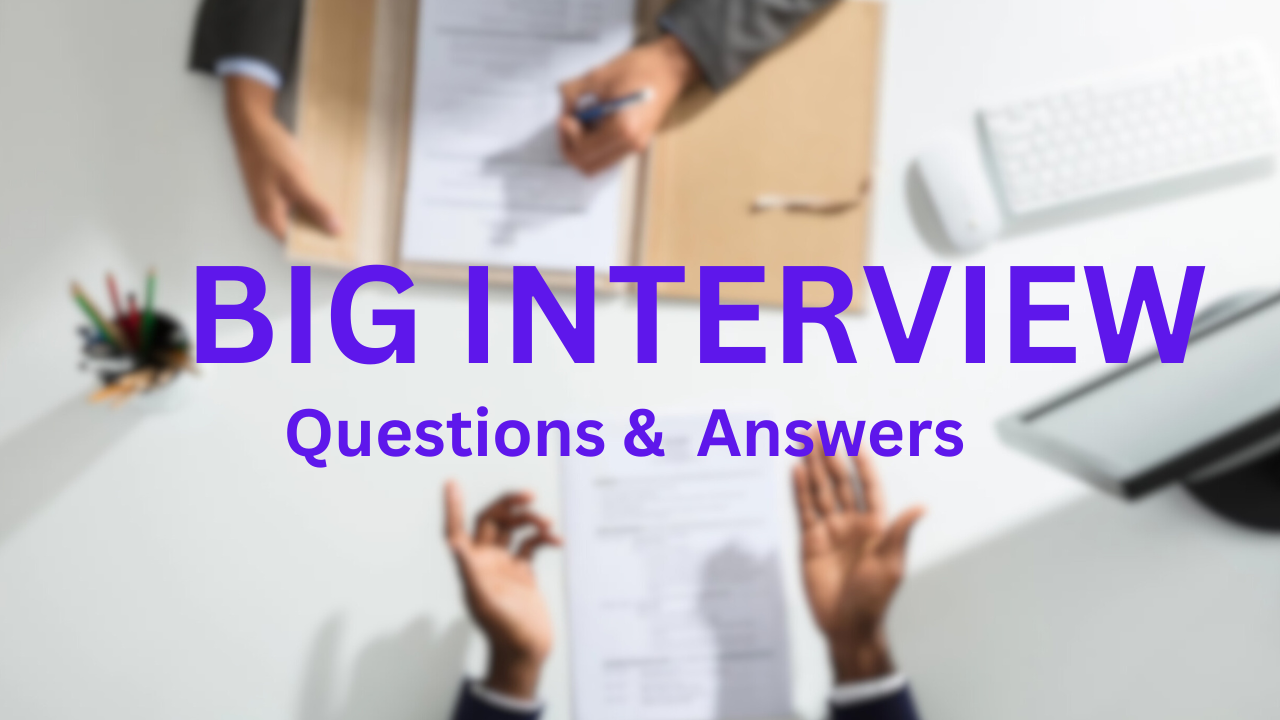
Job interviews often involve discussions about one’s education, as employers seek to understand a candidate’s qualifications, skills, and compatibility with the organization. Discussing education during a job interview is crucial to making a positive impression and showcasing your potential contributions. This blog will explore key strategies to navigate this conversation seamlessly. Answering interview questions correctly is not as easy as it first looks.
In a job interview, effectively communicating your educational background is critical to showcasing your qualifications and suitability for the position. However, the art lies in emphasizing the most relevant aspects of your education. Correctly answering interview questions about your education can be tricky at times.
Understand the Job Requirements for Your Big Interview: Before the interview, thoroughly review the job description and requirements. Identify the specific skills, qualifications, and knowledge areas the employer seeks. This understanding will guide you in selecting and emphasizing the most relevant elements of your education during the interview.
Tailor Your Responses in Your Big Interview: During the interview, tailor your responses to highlight the educational experiences that directly align with the job’s demands. Speak about courses, projects, or research closely related to the skills and competencies the employer seeks. This targeted approach ensures that your education is presented in a context that resonates with the interviewer.
Connect The Dots: Instead of merely listing degrees and qualifications, connect the dots between your education and the specific needs of the role. Articulate how your academic background has equipped you with the tools and knowledge necessary to excel. This storytelling approach provides a clear and compelling narrative.
Emphasize Practical Applications: Demonstrate how your educational experiences have translated into practical applications. Share examples of projects, internships, or extracurricular activities where you applied your knowledge and skills. Employers appreciate candidates who can bridge the gap between theoretical learning and real-world scenarios.
Highlight Achievements and Impact: Focus on educational achievements that showcase your ability to make a tangible impact. Discuss academic projects or initiatives that resulted in positive outcomes, and quantify your achievements whenever possible. This adds substance to your responses and emphasizes your potential contributions to the prospective employer. It allows you to answer interview questions concisely related to your education during your big interview.
Showcase Continuous Learning: If you’ve pursued additional certifications, attended relevant workshops, or engaged in continuous learning, highlight these endeavors. Employers value candidates committed to staying updated, showcasing an eagerness to grow and adapt.
Be Concise and Clear: Keep your responses concise and avoid overwhelming the interviewer with unnecessary details. Clearly articulate how your education has prepared you for the role, focusing on the key points that directly address the employer’s needs. Clarity and brevity enhance the impact of your message.
Practice Your Elevator Pitch: Craft a brief and compelling elevator pitch that summarizes your educational background in a relevant way to the job. Practice delivering this pitch to ensure you can communicate your essential qualifications concisely and engagingly.
In the dynamic landscape of today’s job market, employers value candidates who possess not only specific job-related skills but also transferable skills that can be applied across various roles and industries. Mastering the art of demonstrating transferable skills in a job interview is crucial to stand out and showcase your versatility.
Understanding Transferable Skills: Transferable skills, also known as soft skills or core competencies, are abilities and qualities that can be applied across different situations and roles. Examples include communication, problem-solving, teamwork, adaptability, leadership, and time management. Recognizing these skills within yourself is the first step to conveying them effectively during a job interview.
Identify Key Transferable Skills for the Job: Before the interview, carefully review the job description and identify the specific transferable skills sought by the employer. Consider which skills align with these requirements and mentally note relevant examples from your past experiences.
Connect Transferable Skills to Work Experiences: During the interview, seamlessly integrate discussions about your transferable skills into anecdotes from your professional and personal experiences. For instance, if teamwork is a crucial skill, share a story about a successful collaboration effort and its positive outcomes.
If you improved a process, enhanced team efficiency, or contributed to cost savings, provide concrete numbers to illustrate the results of your efforts. Quantifying achievements adds credibility to your claims and demonstrates the real-world impact of your skills.
Tailor Responses to Highlight Transferable Skills: Craft responses that specifically highlight your transferable skills in the context of the job requirements. Adaptability, for example, could be showcased by discussing how you successfully navigated a challenging project or swiftly adjusted to changes in the work environment.
Use the STAR Method: When providing examples of your transferable skills, use the STAR method (Situation, Task, Action, Result) to structure your responses. This method ensures that you provide a comprehensive and structured explanation, allowing the interviewer to understand the context and impact of your skills. Answering interview questions using the STAR format can increase your ability to answer interview questions entirely and thoroughly.
Bridge the Gap Between Skills and Job Requirements: Explain how your transferable skills align with the job’s essential requirements. Draw connections between your abilities and the employer’s needs, demonstrating that you possess the qualities necessary to excel in the role.
Demonstrate Learning and Adaptability: Highlight instances where you quickly learned new skills or adapted to changing circumstances. Employers appreciate candidates willing to learn and adapt, as these qualities contribute to long-term success in any role. Your big interview is perfect for demonstrating how you know and can adapt.
Focusing on relevant education information during job interviews is about strategically presenting your qualifications to meet the position’s needs. By tailoring your responses, connecting your education to the job requirements, emphasizing practical applications, and showcasing continuous learning, you can create a compelling narrative that positions you as an ideal candidate. This strategic storytelling approach enhances your chances of leaving a lasting and positive impression on potential employers.
Effectively demonstrating transferable skills in a job interview is a powerful strategy to set yourself apart from other candidates. By identifying critical skills, connecting them to your work experiences, quantifying achievements, tailoring responses, using the STAR method, and bridging the gap between skills and job requirements, you can showcase your versatility and prove that you are not just the right candidate for the job at hand but also an asset for future challenges and opportunities within the organization. A big interview can be stressful and exciting; therefore, an interview expert is here to help you learn how to answer interview questions correctly.
Discussing education during a job interview is about presenting a compelling narrative highlighting your qualifications and aligning with the company’s needs. By researching the company, focusing on relevance, showcasing transferable skills, and providing practical examples, you can confidently navigate this conversation and increase your chances of positively impacting your potential employer. Education is an important topic when you answer interview questions. Let us help you to have solid answers for your extensive interview.
For more information on discussing your education during a job interview, contact one of our expert coaches at www.interview-expert.com. Our coaches are excited to help you get started and to help determine the best way to prepare for your upcoming job interview. Our Interview Experts work to individualize your coaching to your interview needs. No two coaches are the same. Let us help you display your best version of yourself during a job interview. We can conduct a mock interview and provide tips and tricks to improve your interviewing skills. We have what you need to excel during your next big interview.
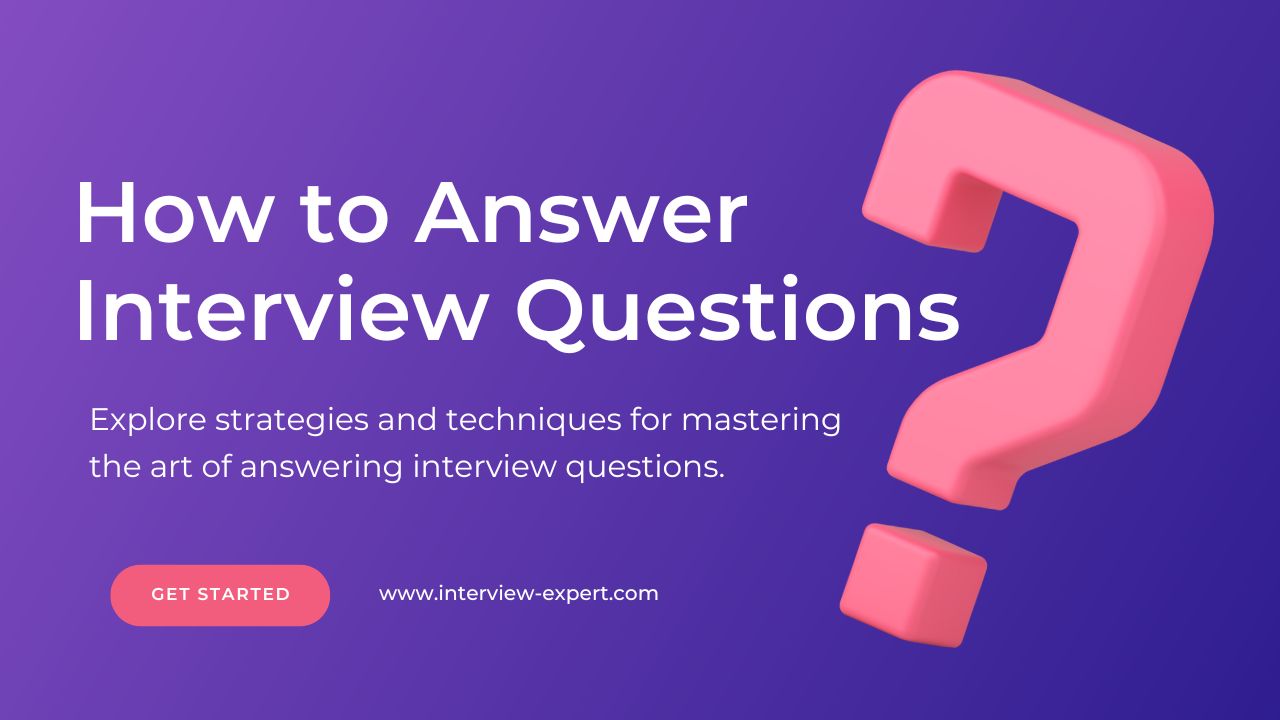
10 hours ago, admin
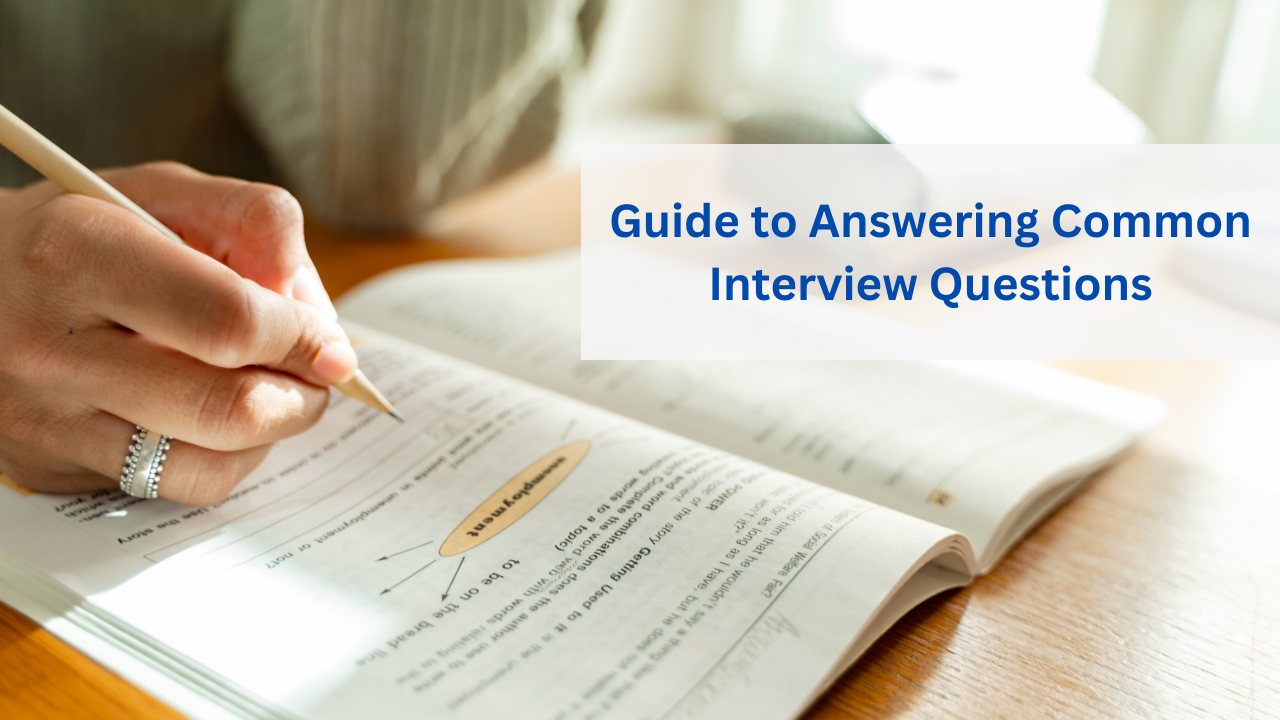
1 week ago, admin
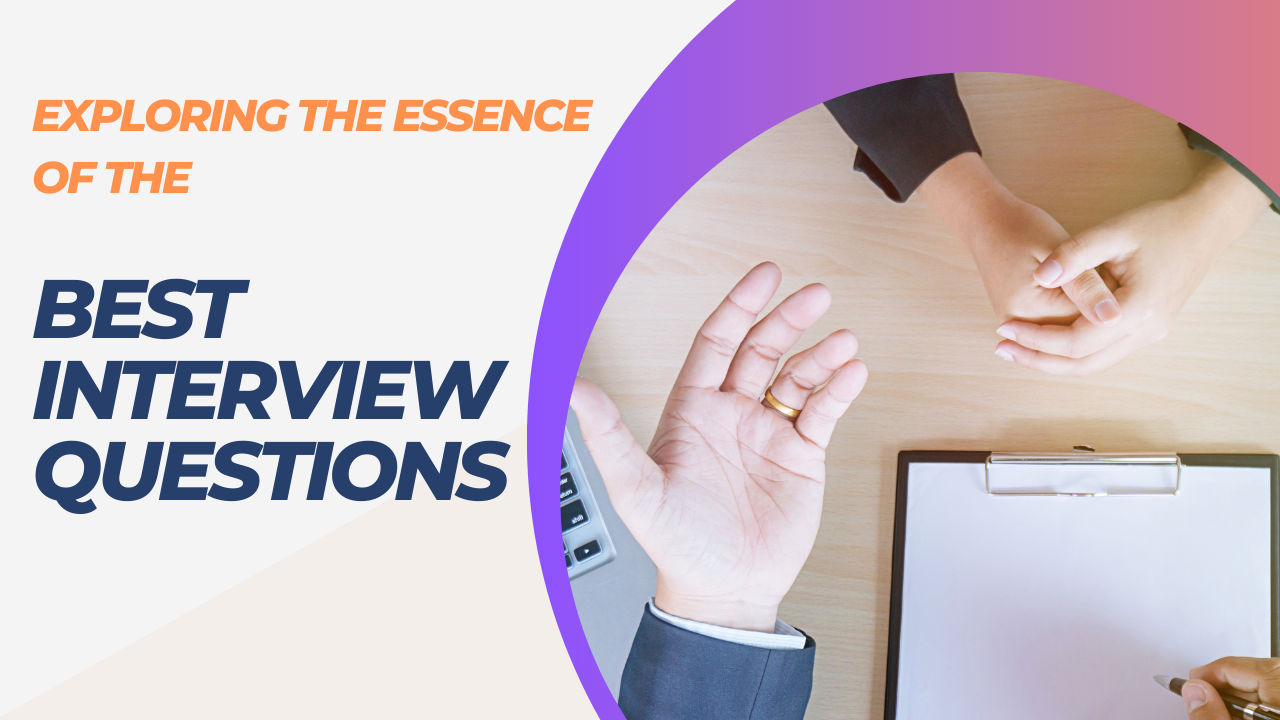
2 months ago, admin

10 hours ago, admin
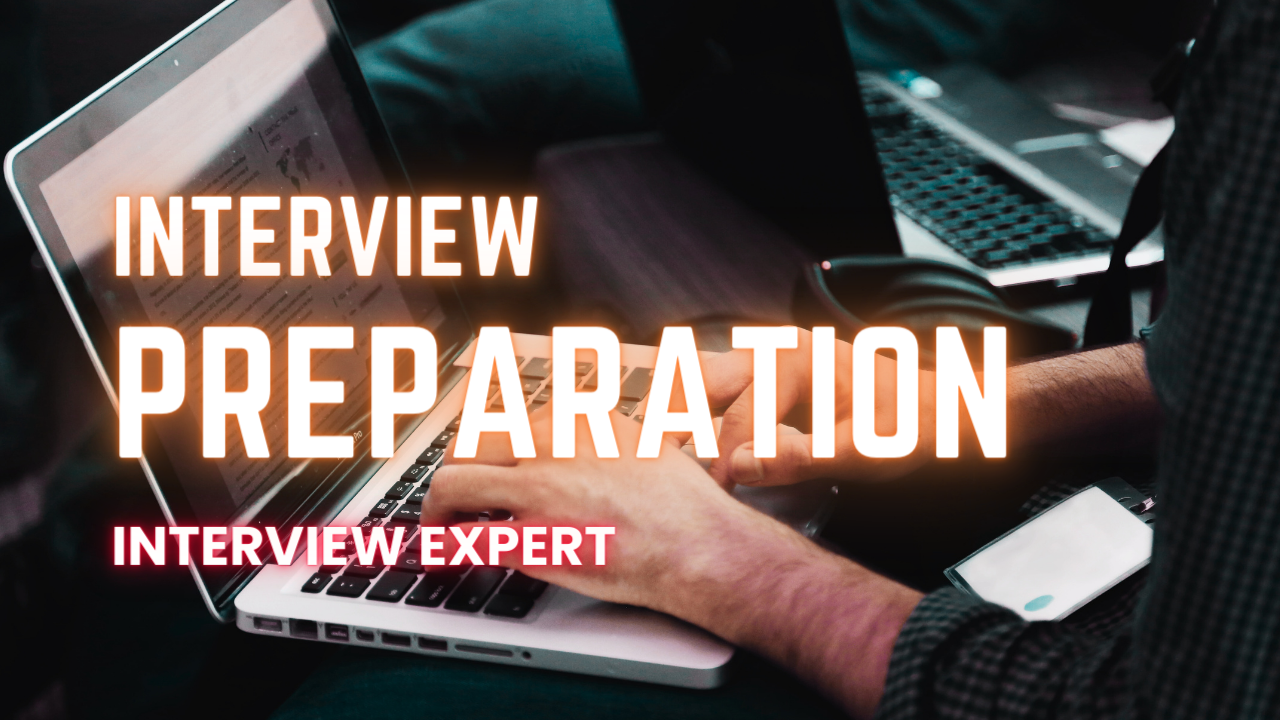
6 days ago, admin

1 week ago, admin
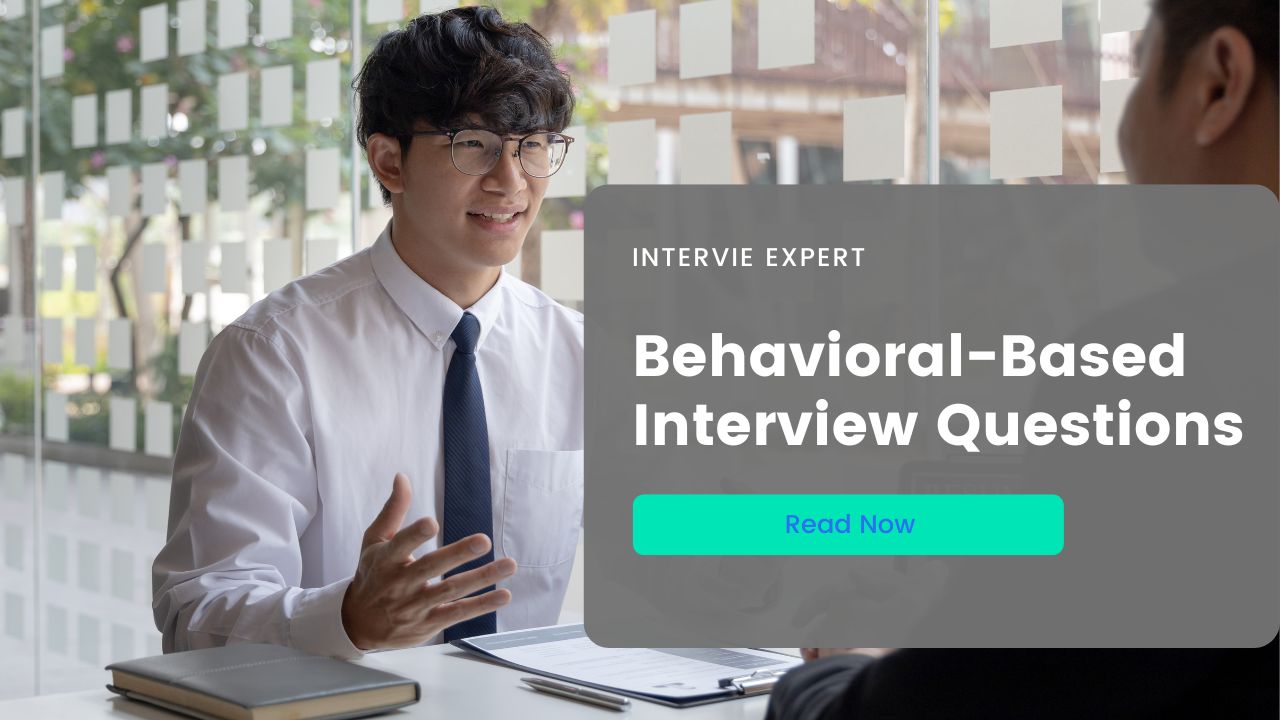
2 weeks ago, admin
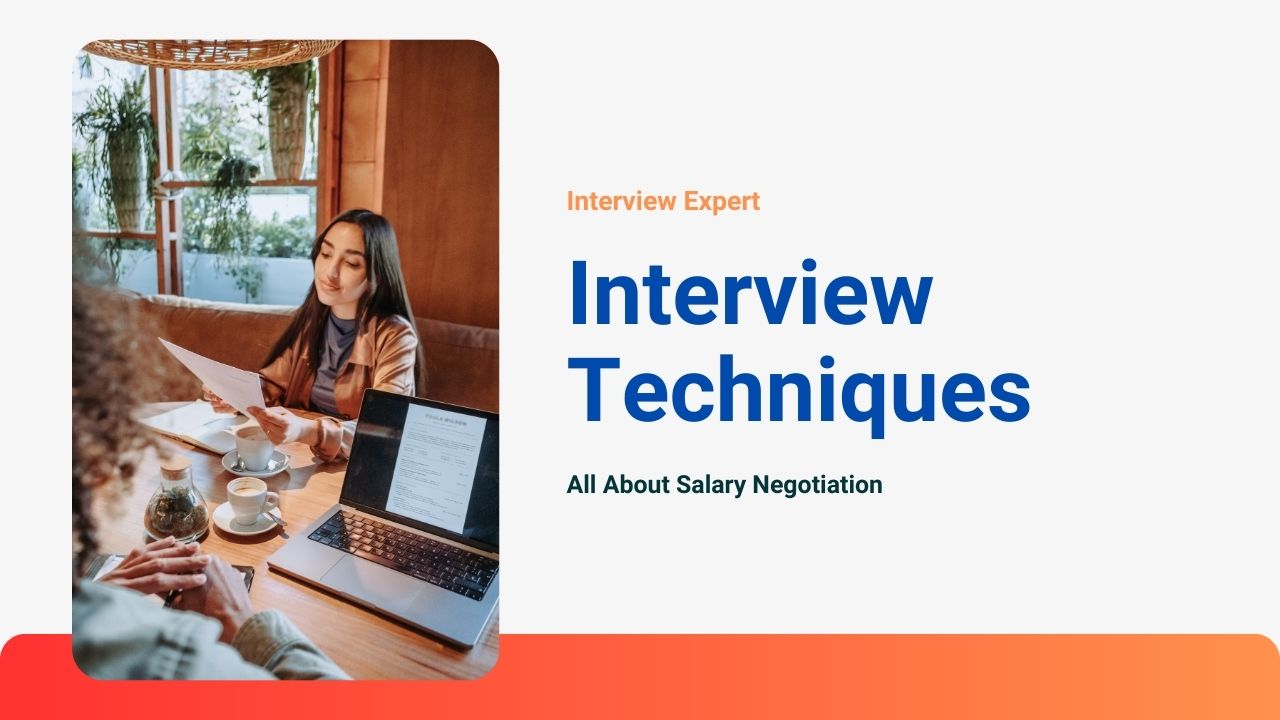
2 weeks ago, admin